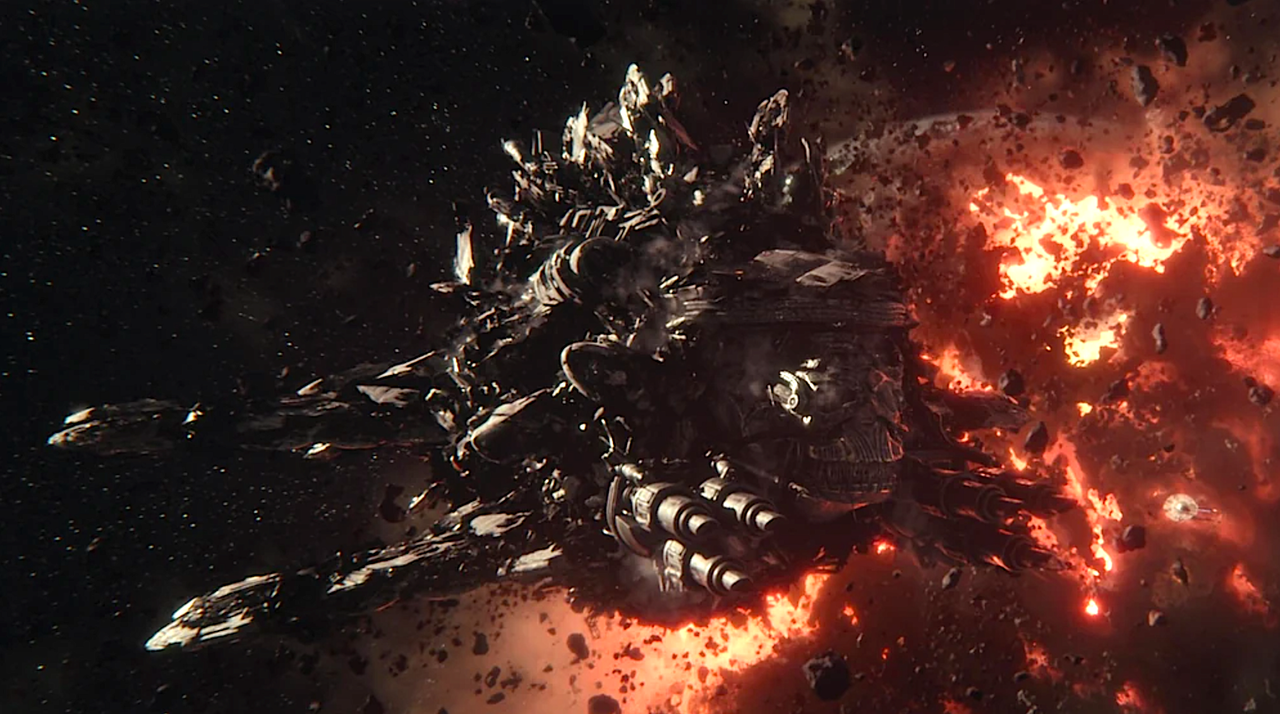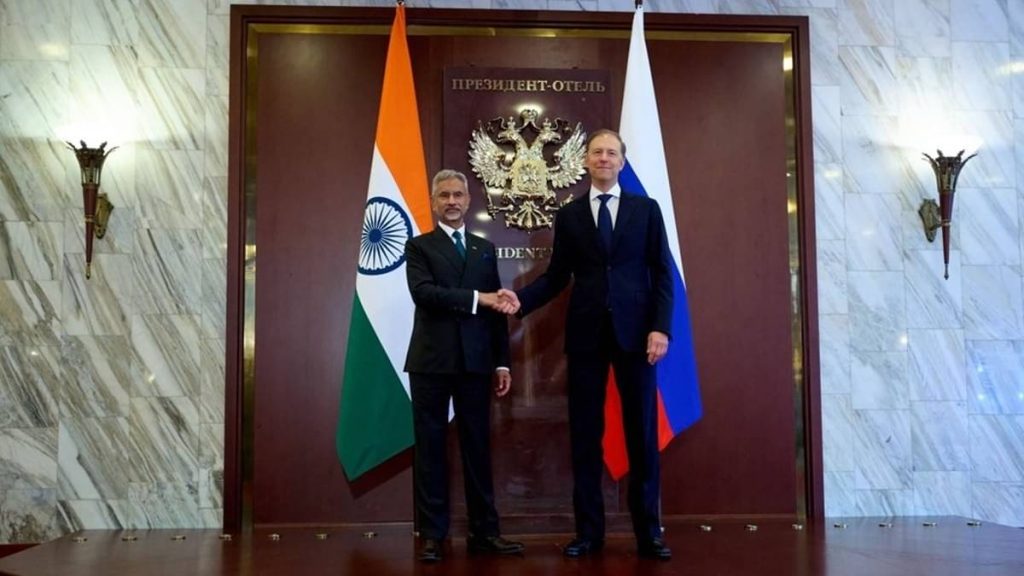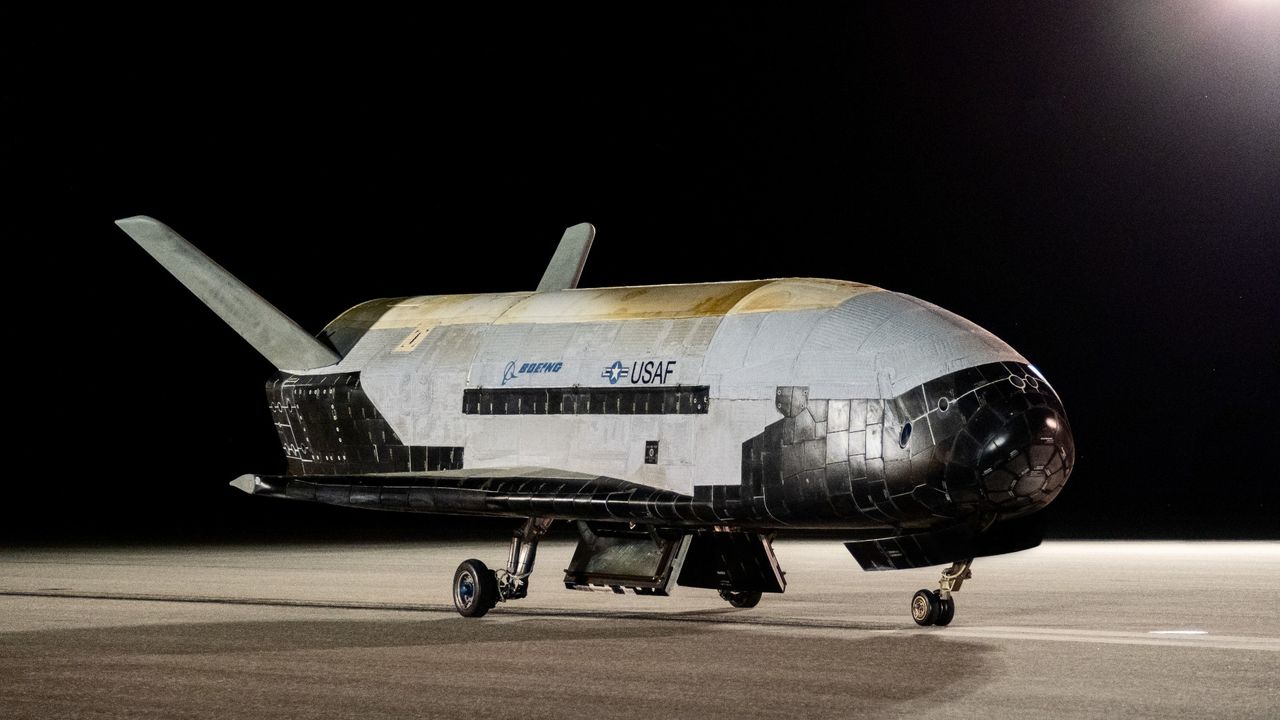Now Reading: Strange New Worlds’ Unveils Ancient Scavenger Ship as the Ultimate ‘Destroyer of Worlds
-
01
Strange New Worlds’ Unveils Ancient Scavenger Ship as the Ultimate ‘Destroyer of Worlds
Strange New Worlds’ Unveils Ancient Scavenger Ship as the Ultimate ‘Destroyer of Worlds

Swift Summary
- Episode Overview: The latest episode of Star Trek: Strange New Worlds (“The Sehlat Who Ate Its Tail”) features a giant scavenger spaceship obliterating a planet. Directed by Valerie Weiss, this installment delves into the franchise’s core themes with heightened dramatic tension.
- Plot Highlights:
– the USS farragut is conducting a planetary survey when it encounters a planet-destroying scavenger ship.
– Captain Pike’s USS enterprise is swallowed by the parasitic vessel, leading to heroic rescue attempts from Spock, Chapel, Uhura, and Scotty.
– James T. Kirk (Paul Wesley) assumes command of the Farragut amid an internal struggle over his leadership abilities.
- Historic Franchise Moment: This marks the first occasion in star Trek history where much of “The Original Series” crew is aboard a different ship under Kirk’s command.
- Scavenger Ship Details:
– The ship design reflects themes of consumption and sustainability and houses descendants of American astronauts launched centuries earlier during humanity’s post-WWIII era. These astronauts devolved into cyborg-like entities.
- Philosophical Themes:
– Leadership development through crisis and the human condition are explored deeply in this episode.
– Director Weiss emphasized these universal questions while integrating “retro” callbacks to “The Original Series.”
Indian Opinion Analysis
Valerie Weiss’s directorial focus on empathy, leadership evolution, and humanity aligns well with Star Trek‘s legacy as more than just science fiction-it functions as an exploration of moral philosophy amidst futuristic challenges.For Indian viewers familiar with historical allegories or tales emphasizing collective introspection (e.g., mythological epics like Mahabharata), such stories may resonate on deeper planes about stewardship-whether for Earth or interstellar entities.
Additionally, the theme examining unsustainable consumption juxtaposes poignantly against contemporary environmental issues facing India today. As India rapidly urbanizes while grappling with climate crises at home-such as waste management inefficiencies-the depiction serves as cultural cautionary metaphor about ethical duty toward finite resources in space or or else.



























